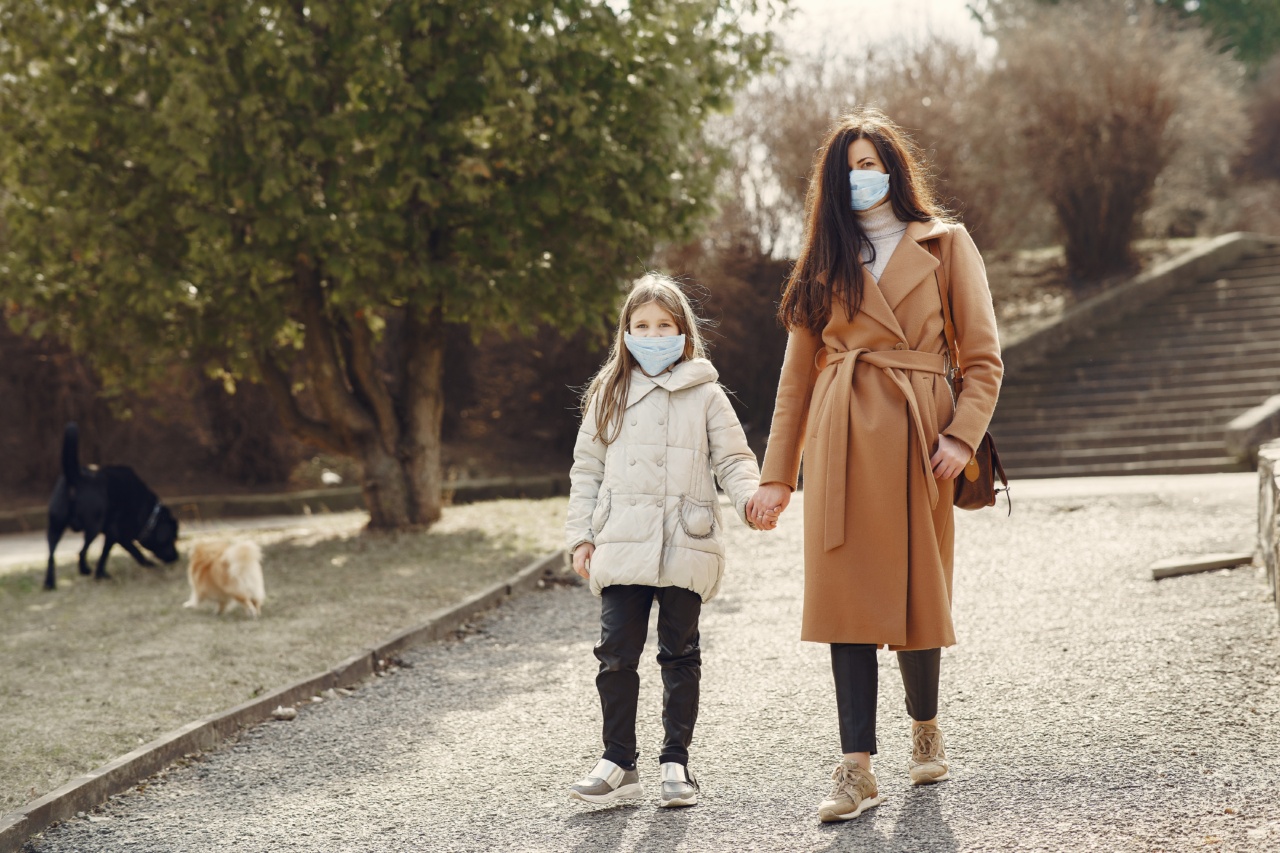Rubella, also known as German measles, is a viral infection that can cause serious complications, particularly in young children and pregnant women.
Although the disease is rare in developed countries, it is still a major health concern in many parts of the world, particularly in developing countries where vaccination rates are low. In this article, we will explore the causes, symptoms, and treatment of rubella, as well as its potential long-term effects.
Causes of Rubella
Rubella is caused by the rubella virus, which is transmitted through respiratory droplets when an infected person sneezes or coughs. The virus can also be spread by touching an infected surface or object and then touching the mouth, nose, or eyes.
Once the virus enters the body, it travels to the lymph nodes, where it replicates and spreads to other parts of the body.
Symptoms of Rubella
The symptoms of rubella include:.
- Fever
- Rash
- Sore throat
- Swollen lymph nodes
- Headache
- Runny nose
- Cough
The rash typically appears on the face and then spreads to the rest of the body. It usually lasts for 2-3 days and may be accompanied by mild itching.
In some cases, particularly in adults, complications such as arthritis, encephalitis, and thrombocytopenia (a condition that impairs blood clotting) may occur. Pregnant women who contract rubella are also at risk of developing congenital rubella syndrome (CRS), which can cause serious birth defects in their unborn babies.
Treatment of Rubella
There is no specific treatment for rubella, but the symptoms can be managed with rest, plenty of fluids, and over-the-counter medications such as acetaminophen or ibuprofen to reduce fever and relieve pain.
However, pregnant women and those with weakened immune systems should seek medical attention if they suspect they have rubella, as they are at higher risk of developing complications. In severe cases, hospitalization may be necessary.
Prevention of Rubella
The most effective way to prevent rubella is through vaccination. The rubella vaccine is safe and highly effective, with a 95% success rate in preventing the disease.
The vaccine is usually given as part of the measles, mumps, and rubella (MMR) vaccine, which is typically given to children at 12-15 months of age and again at 4-6 years of age. Pregnant women should also ensure that they are vaccinated before they become pregnant, as rubella can cause serious birth defects in unborn babies.
Long-Term Effects of Rubella
Although most people recover from rubella without any lasting effects, some may experience complications such as arthritis, encephalitis, and thrombocytopenia.
In rare cases, rubella can also cause long-term eye damage, such as cataracts, glaucoma, and retinitis. Pregnant women who contract rubella are at risk of giving birth to babies with CRS, which can cause hearing loss, vision problems, heart defects, and developmental delays.
Conclusion
Rubella is a serious childhood infection that can cause a range of complications, especially in pregnant women and young children.
Fortunately, vaccination is highly effective in preventing the disease, making it an essential part of routine childhood immunization. If you suspect that you or your child has rubella, seek medical attention right away to prevent serious complications.































